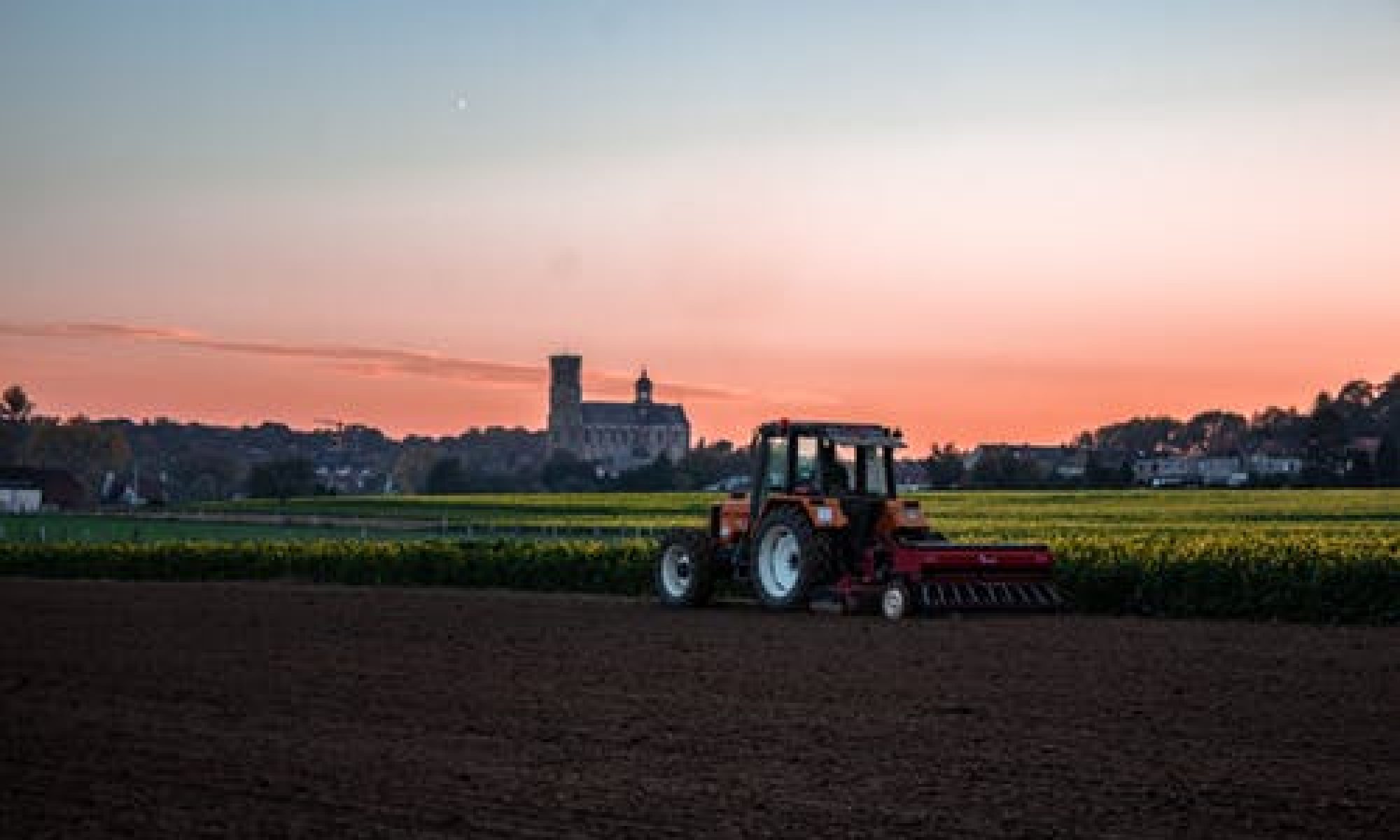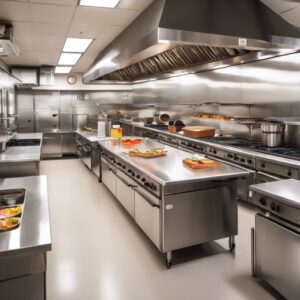When we think of farms, we often conjure images of vast fields, hardworking farmers, and the freshest produce imaginable. However, in today’s evolving agricultural landscape, farms are becoming more than just places of cultivation. Many farms are diversifying their operations to include food service components, whether it’s a farm-to-table restaurant, a pick-your-own produce stand, or agritourism experiences. In order to successfully incorporate these elements, farms require specialized food service equipment and thoughtful design. In this article, we will explore five compelling reasons why farms need food service equipment and design solutions to thrive in today’s market.
Diversification and Value-Added Products
One of the primary reasons farms are integrating food service into their operations is to diversify their revenue streams and add value to their products. By offering farm-fresh meals, snacks, or beverages, farms can attract new customers and increase sales. However, to efficiently prepare and serve food on-site, farms need the right equipment and layout.
For instance, a farm-to-table restaurant might require commercial-grade kitchen appliances such as stoves, ovens, refrigerators, and food preparation stations. Meanwhile, a farm hosting events or festivals might need mobile food carts or concession stands equipped with warming trays, grills, and sinks. Designing these spaces involves careful consideration of workflow, hygiene standards, and customer experience.
Farm-to-Table Experience
Consumers today are increasingly interested in the provenance of their food and are seeking out authentic farm-to-table experiences. Farms have a unique opportunity to capitalize on this trend by offering dining experiences that showcase their own produce and locally-sourced ingredients. However, achieving a genuine farm-to-table experience requires more than just serving fresh food – it involves creating a welcoming atmosphere that reflects the farm’s values and ethos.
Food service equipment and design play a crucial role in shaping this experience. From rustic farm-style decor to open kitchens where guests can watch their meals being prepared, every detail contributes to the overall ambiance. Additionally, farms may invest in equipment like cold-press juicers or wood-fired pizza ovens to highlight the freshness and quality of their produce.
Agritourism and Events
Many farms are embracing agritourism as a way to connect with their local community and attract visitors. Whether it’s hosting weddings, farm-to-table dinners, or educational workshops, these events provide additional sources of income for farms. However, organizing successful events requires careful planning and investment in food service infrastructure.
Event spaces need to be equipped with versatile food service equipment that can accommodate different types of gatherings. For example, a farm hosting a wedding reception might need catering stations, beverage dispensers, and buffet tables. Meanwhile, a farm hosting a cooking class might require demonstration kitchens with state-of-the-art appliances and ample workspace.
Agricultural Education and Outreach
Food service equipment and design are also essential for farms that engage in educational outreach programs. Many farms offer tours, workshops, and field trips to educate the public about agriculture, sustainability, and healthy eating. By incorporating food service into these programs, farms can provide hands-on learning experiences that inspire and inform visitors.
For instance, farms may have on-site cafes or snack bars where visitors can enjoy refreshments made from fresh, locally-grown ingredients. They may also offer cooking demonstrations or farm-to-table dinners as part of their educational programming. Designing these spaces to be functional, inviting, and educational requires careful attention to detail and a deep understanding of the farm’s mission and values.
Sustainability and Efficiency
Finally, food service equipment and design can contribute to the sustainability and efficiency of farm operations. Sustainable practices such as composting, recycling, and energy conservation are becoming increasingly important to consumers, and farms that prioritize these values can gain a competitive edge.
By investing in energy-efficient appliances, water-saving fixtures, and waste-reducing technologies, farms can minimize their environmental footprint while also saving on operational costs. Additionally, thoughtful design solutions such as passive solar heating, natural ventilation, and rainwater harvesting can further enhance sustainability.
Conclusion
In conclusion, food service equipment and design are essential components of modern farm operations. Whether farms are diversifying their revenue streams, creating authentic farm-to-table experiences, hosting events, educating the public, or promoting sustainability, the right equipment and layout are critical to success. By investing in food service infrastructure that aligns with their goals and values, farms can attract customers, enhance their brand, and contribute to a more sustainable food system.


